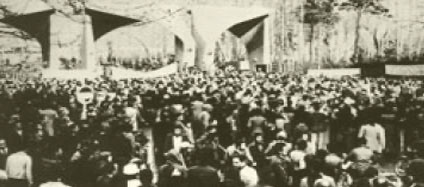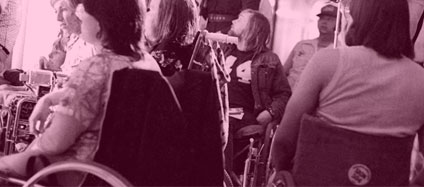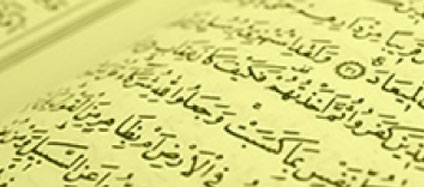
The influence of John Locke (1632-1704) on the thought of the founders of the United States is well documented, but Locke can also be seen as the philosophical father of more than just America. Virtually all the features of modern liberal democracy are mapped out in Locke’s writings: a doctrine of religious toleration, a defense of individual self-determination, a theory of rebellion against unjust authority, and an absolute right to unlimited private property.
Locke’s celebrated letter in defense of religious toleration has long been regarded as a classic of democratic literature. It was originally written in Latin when Locke was in exile in Holland in 1685, and only published in 1689 when the new regime of William of Orange, a Protestant, had been established by coupe d’état in Britain. Under the new rule then established in Britain, the Toleration Act of 1689, religious freedom was only permitted to Protestants who affirmed the Holy Trinity and were prepared to sign an oath of allegiance to the Crown. All other dissenters—and of course Catholics—were denied religious freedom, a state of affairs that was to continue for another 150 years. Locke’s letter was to achieve its most concrete affirmation on the American continent, where it inspired the rebels’ pioneering attempt to separate church and state. Full religious freedom was not to emerge in Britain for nearly two centuries.
Source: The Democracy Reader
9739
A%20Letter%20Concerning%20Toleration.pdf
public://A%20Letter%20Concerning%20Toleration.pdf
1522160647







